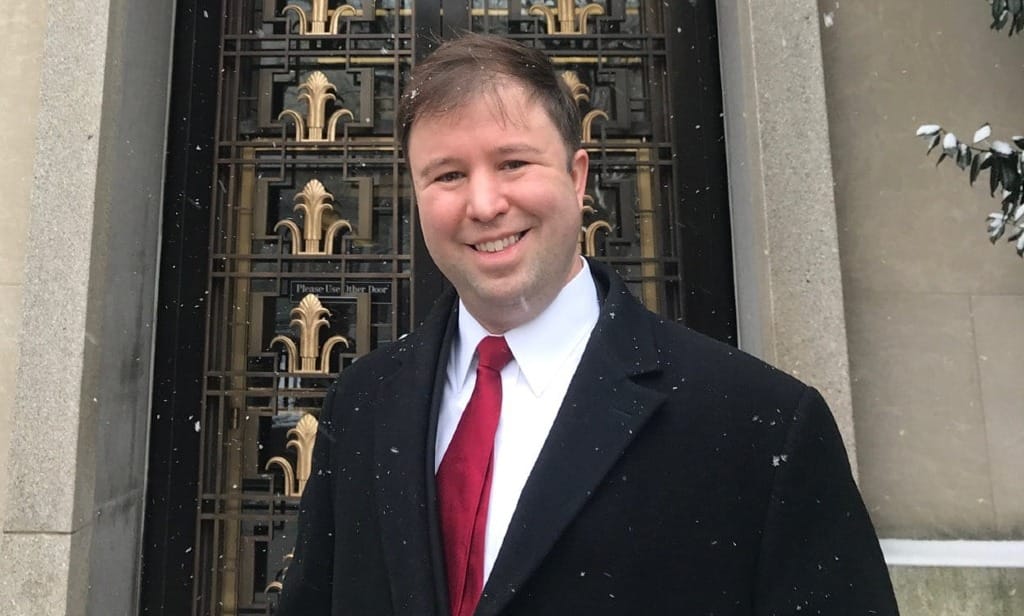WASHINGTON, Sept. 8, 2025 – The U.S. Solicitor General joined consumer advocates, tech firms, and broadband providers Friday in warning the Supreme Court that a Fourth Circuit ruling against Cox Communications risks cutting households offline and destabilizing the internet economy.
The case, Cox v. Sony, stems from a Virginia jury’s 2019 decision to impose $1 billion in damages after finding Cox had allowed subscribers to remain online despite multiple infringement notices from record labels. The Eastern District of Virginia found the ISP secondarily responsible for its customers’ piracy, and the U.S. Court of Appeals for the Fourth Circuit upheld the judgment.
On Friday, a wave of amicus briefs landed in Cox’s favor. The most sweeping came from the Common Sense Copyright Coalition, spearheaded by USTelecom and joined by ACA Connects, CTIA, the Internet Infrastructure Coalition, NTCA, and WTA.
The coalition told the Court the Fourth Circuit’s approach would be “unworkable and chaotic,” forcing providers to terminate service on the basis of IP-address notices.
“Many IP addresses serve entire institutions, such as schools and hospitals, or hundreds of different customers in cloud environments – meaning that a single infringing user could trigger a duty for an ISP to disconnect thousands of innocent people,” the trade groups, represented by counsel of record Tom Johnson, Jr., told the Court.
The groups argued the Fourth Circuit “adopted an extreme, novel form of contributory copyright infringement” and compounded it by subjecting all secondary infringers to quintuple statutory damages under “an erroneous, watered-down willfulness standard.”
“The result of the Fourth Circuit’s errors will be disastrous for Internet access, broadband deployment, and the digital economy,” the groups wrote.
Providers say decision ‘imperils public access to the internet’
Broadband providers Altice USA, AT&T, Charter Communications, Frontier Communications, Lumen, T-Mobile, and Verizon argued the decision “imperils public access to the internet.”
In their filing, the companies stressed that Cox was not alone. Frontier Communications was currently defending a $400 million lawsuit, while Altice USA faces a case with a vast range of potential statutory damages, and press reports suggest Verizon could be on the hook for as much as $2.6 billion in another copyright case.
Public Knowledge likewise cautioned that the ruling, if affirmed by the Court, would “set a dangerous precedent,” in a release Friday.
In its brief, the group argued that contributory liability requires specific knowledge and purposeful facilitation. Cox continuing to provide internet service, Public Knowledge wrote, was “no more an affirmative step toward infringement than the power company continuing to provide electricity that powers the user’s laptop.”
Other amici included the Electronic Frontier Foundation, the American Library Association and other library groups, the ACLU and Center for Democracy & Technology, major tech companies such as Google and Microsoft, startup advocates like Engine, social media platform X, and several law professors.
Together, the briefs underscore the breadth of opposition to the Fourth Circuit’s ruling.
Consumer groups stressed the risks to families and students; tech companies highlighted the dangers for startups and digital services; and broadband providers warned that rural users in particular could lose essential connections to jobs, healthcare, and education.
The Supreme Court will likely hear oral argument in Cox v. Sony in the fall of 2025, with a decision expected spring 2026.

